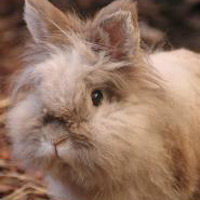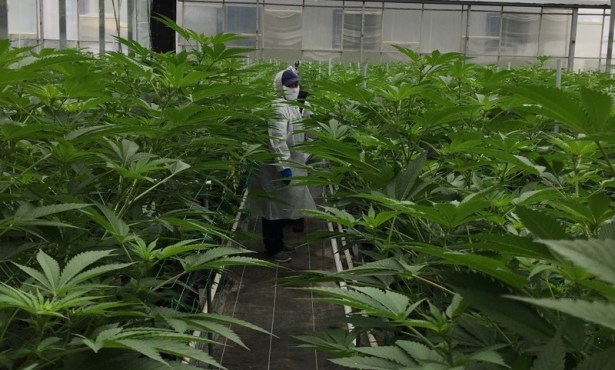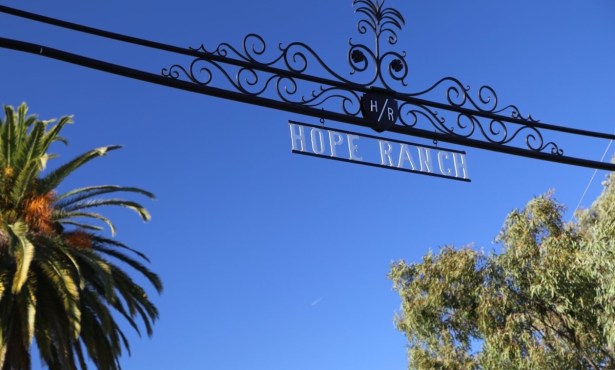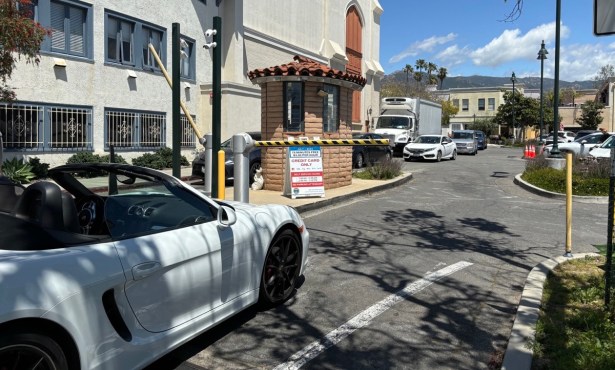Use Pet-Friendly Cleaning Products
Spring clean with your pet in mind
As the weather improves and the days grow longer, many of us spend time spring cleaning in the house or starting our gardens outside. But before you whip out the Windex and load up on the cocoa mulch, you may want to read on.
When cleaning indoors, there are certain products that are harmful to your pets:
According to Pet Poison Helpline (PPH), strong acidic or alkaline cleaners pose the highest risk. These types of cleaners include rust removers, toilet bowl cleaners, lye, drain cleaners, and calcium/lime removers.
PPH believes that general cleaners are safe in small doses. These cleaners include glass cleaners, spot removers, and most surface cleaners. These types of cleaners can still cause mild diarrhea and vomiting if ingested in small amounts. If these kinds of products touch your pet’s skin, they may cause irritation, so it would be advisable to keep these products locked away.
Make sure to always read the labels on your cleaning products and look for key words. PPH says labels with the words “danger” and “warning” indicate products with higher toxicity than those that only say “caution”. I personally look for the warning “Keep out of reach of children” as an indication that a product has the potential to cause harm.
Certain animals are more at risk to being harmed by cleaning products than others. Dr. Justine Lee, Associate Director of Veterinary Services at Pet Poison Helpline cautions owners to be especially careful around birds. She states: “Birds have a unique respiratory anatomy called air sacs, which results in particular sensitivity to fragrances and aerosolized chemicals.” To be safe, aerosolized products should not be used in the same room as caged or free birds.
It’s a myth that Swiffer Wet-Jets are toxic. Most pet owners have probably seen the email circulating about Swiffer wet jets being extremely toxic to dogs. According to PPH, there is no evidence to suggest that Swiffer products are dangerous to animals when used properly.
Always make sure cleaned surfaces, including floors, have dried before allowing your pet access to them.
Make Your Own Cleaning Products
One way to ensure that your cleaning products are safe around your pets is to create your own. Here are some recipes for commonly used cleaning products.
ALL-PURPOSE SPRAY CLEANER
½ teaspoon washing soda (can be found in the laundry section of most supermarkets)
A dab of environmentally friendly liquid soap
2 cups hot tap water
Combine the ingredients in a spray bottle and shake until the washing soda has dissolved. Apply and wipe off with a rag.
WINDOW CLEANER
½ teaspoon liquid detergent
3 tablespoons vinegar
2 cups water
Put all the ingredients into a spray bottle, shake it up and use as you would a commercial brand.
FURNITURE POLISH
½ teaspoon oil, such as olive or jojoba (most health food stores, such as Whole Foods sell jojoba oil)
¼ cup vinegar or fresh lemon juice
Mix the ingredients in a glass jar. Dab a soft rag into the solution and wipe onto wood surfaces. Cover the glass jar and store indefinitely. The key is not using too much oil. I once used so much oil in this mixture that my husband looked at our wooden kitchen table and thought I had spilled salad dressing!
Not surprisingly, there are common pet poisons lurking in your garden.
Last year, the American Society for the Prevention of Cruelty to Animals (ASPCA) Animal Poison Control Center fielded tens of thousands of calls related to pets who accidentally ingested or came in contact with garden-related products, including insecticides, weed killers and pet-toxic plants. Here are some tips to keep in mind:
When adding plants to your landscape, keep in mind that many popular outdoor plants, including sago palm, rhododendron and azalea, are toxic to cats and dogs, and may cause liver failure or heart problems.
When taking your dog for a walk, be sure to keep him away from toxic lawn and garden products. Cocoa mulch, a byproduct of chocolate, is especially problematic because it attracts dogs with its sweet smell and can cause them gastrointestinal distress or more serious neurological problems if consumed in large quantities. It’s also a danger to the human waistline. (I made the mistake of purchasing this once and it made me crave chocolate all day long!)
Always store pesticides in inaccessible areas. The most dangerous forms of pesticides include snail bait with metaldehyde, fly bait with methomyl, insecticides with the ingredients disyston or disulfoton, mole or gopher bait with zinc phosphide, and most forms of rat poisons.
Unattended garden tools such as rakes, tillers, hoes and trowels can be hazardous to pets and cause trauma to paws, noses or other parts of a curious pet’s body. It’s best to leave all unused tools in a safe area, not haphazardly scattered on the ground.
If your pet has an accidental poisoning, the Pet Poison Helpline is a service available 24 hours, seven days a week for pet owners and veterinary professionals who require assistance treating a potentially poisoned pet. Pet Poison Helpline experts can provide treatment advice for poisoning cases in all species, including dogs, cats, birds, small mammals, large animals and exotic species. As the most cost-effective option for animal poison control care, Pet Poison Helpline’s fee of $35 per incident includes all follow-up consultation. Pet Poison Helpline is available in the US and Canada by calling 800-213-6680. Additional information can be found online at www.petpoisonhelpline.com
ANNOUNCEMENTS
C.A.R.E.4Paws hosts Project ResponsiBull workshop, Saturday, April 13, 2:30PM. A workshop for owners of pit bulls and pit mixes at the Santa Barbara Humane Society with trainer Joan Hunter Mayer of the Inquisitive Canine. To sign up for the next session, call 805-968-CARE (2273) or email info@care4paws.org
Adoptable Pet of the Week

Dinah is a beautiful Lionhead bunny who is already spayed and ready to go! Lionhead bunnies have a tuff of long fur around their head, and the rest of the body is shorter fur. Lionheads are small bunnies, weighing only 3-4 pounds on average. If you are interested in seeing Dinah, hop on over to B.U.N.S today!
Bunnies Urgently Needing Shelter (B.U.N.S.) is a volunteer organization, which cares for abandoned rabbits. B.U.N.S is located at the Santa Barbara County Animal Shelter, 5473 Overpass Rd., Santa Barbara California. B.U.N.S. works to find bunnies permanent homes, and educates the public on caring for a companion rabbit. You can call the County Shelter at 805-681-5285 or call BUNS at 805-683-0521 and leave a message for someone to call you back. For more information, visit www.bunssb.org



